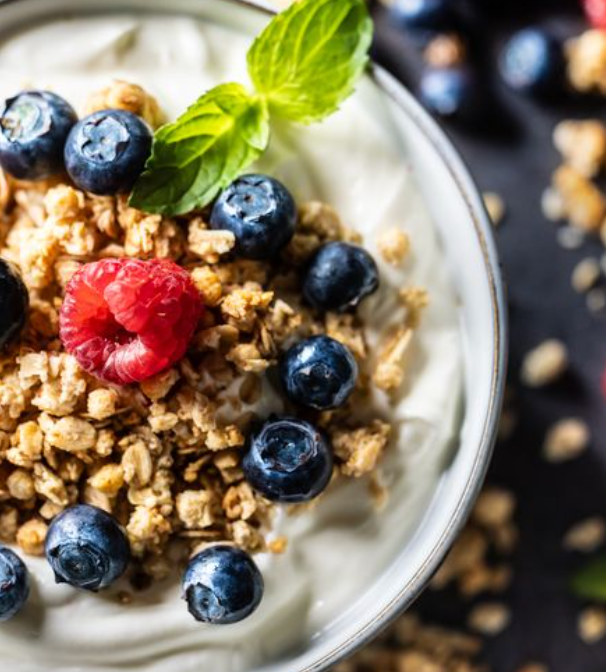Functional health foods have become one of the fastest-growing sectors in the global wellness market. Unlike ordinary foods that simply provide calories and nutrients, functional foods are designed to deliver additional health benefits—from strengthening immunity to boosting energy and preventing chronic diseases. In 2025, consumers are increasingly turning to functional health foods as part of a lifestyle that prioritizes preventive care, natural remedies, and scientific validation.
What Are Functional Health Foods?
Functional health foods are everyday products enriched with bioactive compounds, vitamins, minerals, probiotics, or herbal extracts. Examples include:
- Yogurt with probiotics for gut health
- Breakfast cereals fortified with omega-3 fatty acids
- Teas infused with Korean ginseng for energy and focus
- Snack bars with adaptogens like ashwagandha or reishi
These products are not just food—they are part of an integrated approach to wellness.
The Science Behind Functional Foods
- Gut Health and Immunity
Probiotic-enriched foods improve microbiome balance, which in turn supports immunity, digestion, and even mental health. See research from Harvard T.H. Chan School of Public Health. - Energy and Stress Management
Adaptogens like ginseng or maca root in functional beverages help the body adapt to stress, regulate cortisol, and improve energy without overstimulation. - Heart and Metabolic Support
Foods enriched with omega-3 fatty acids or plant sterols help lower LDL cholesterol and support cardiovascular health. - Cognitive Benefits
Some fortified foods, such as ginseng tea or DHA-enriched snacks, contribute to better focus, memory, and cognitive resilience.
Consumer Trends in 2025
- Preventive Healthcare: Rising healthcare costs push consumers toward prevention.
- Personalized Nutrition: Advances in AI and nutrigenomics allow companies to design foods tailored to DNA and microbiome.
- Clean Labels: Consumers demand transparency, avoiding artificial additives and choosing “natural” enrichment sources.
- Cultural Influence: Asia’s traditional remedies, such as Korean red ginseng, are influencing the Western market, blending heritage with innovation.
Benefits and Criticisms
Benefits:
- Convenient and easy to integrate into daily diet.
- Backed by increasing scientific validation.
- Offers natural alternatives to pharmaceuticals for mild conditions.
Criticisms:
- Some products are over-marketed without sufficient scientific proof.
- Fortified foods may contain hidden sugars or preservatives.
- Accessibility: Premium functional foods can be expensive.
Market Outlook
The functional foods market is projected to reach over $400 billion by 2030, with the Asia-Pacific region leading growth. Products that combine tradition and science—like ginseng-based supplements and teas—are at the forefront.
Conclusion
Functional health foods represent a paradigm shift in wellness, moving from treatment to prevention. They embody the fusion of nutrition, medicine, and lifestyle, empowering individuals to take proactive control of their health.

